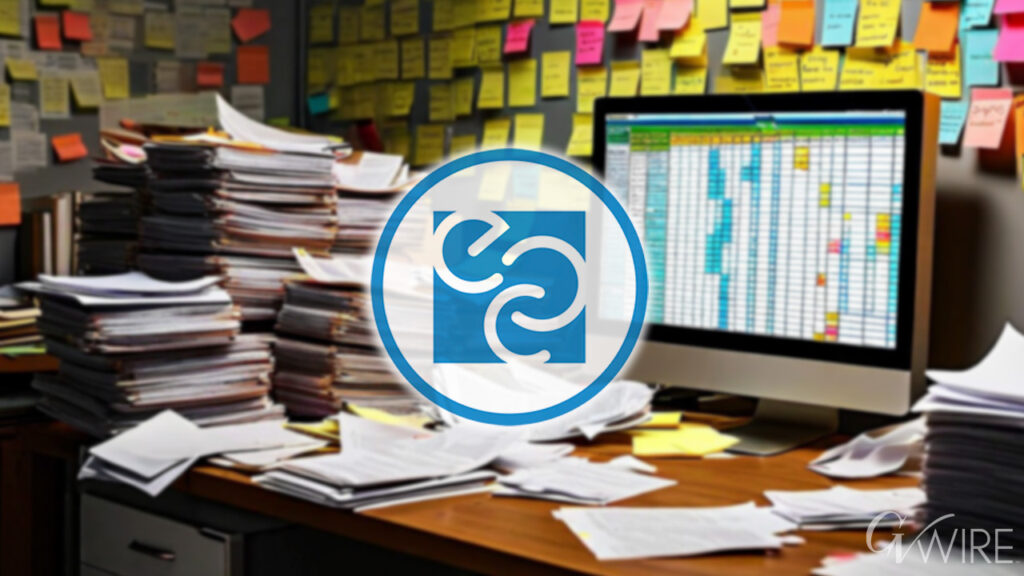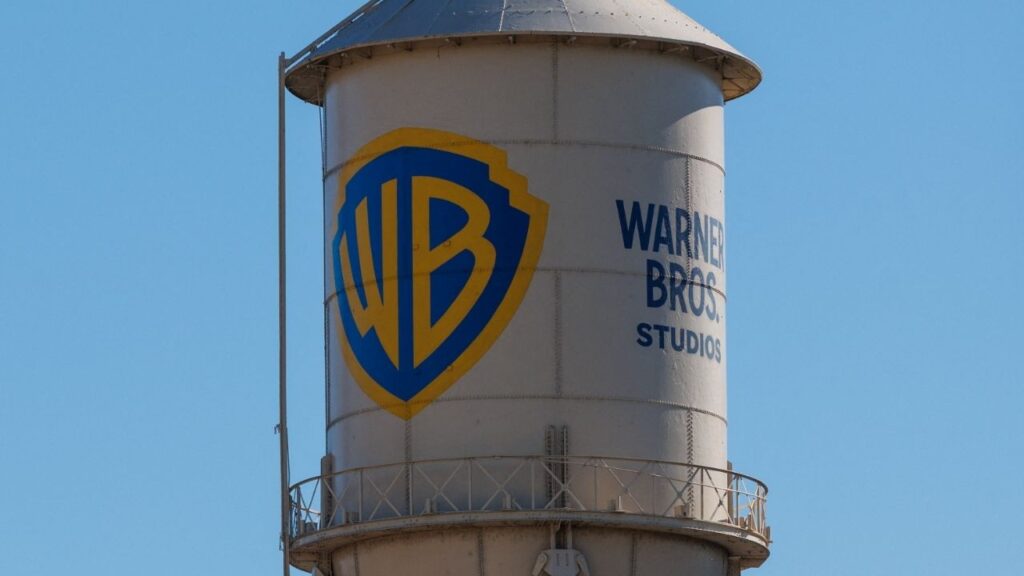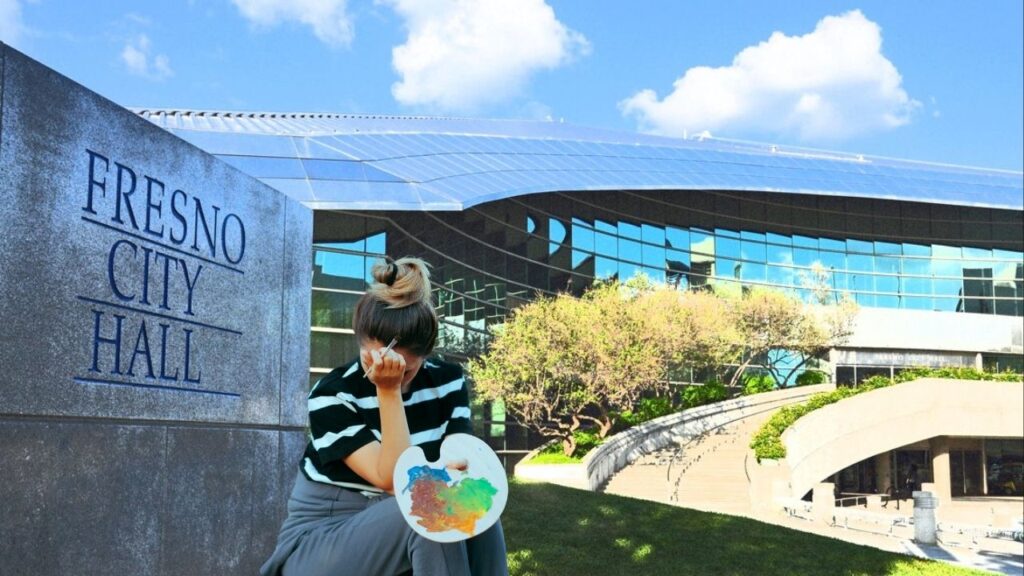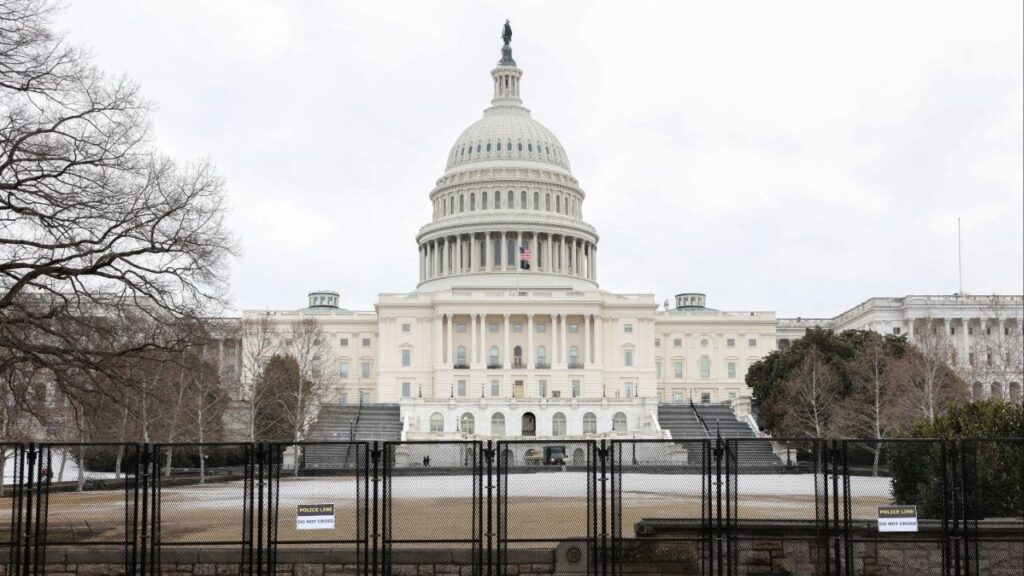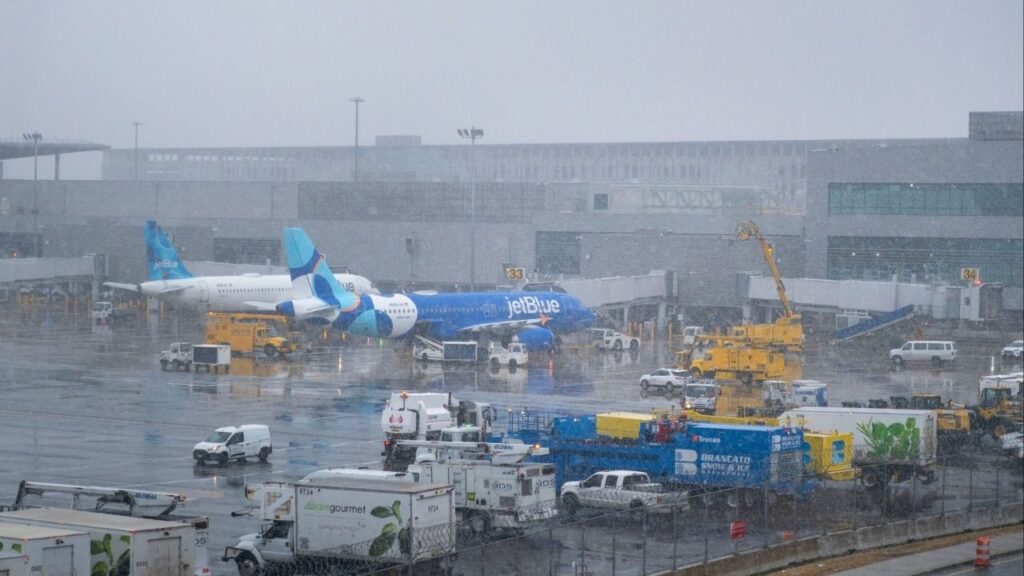Share
Even though we should already know what goes in the blue, green, and gray waste and recycling carts, we still have those “oops!” moments.
Oops! Plastic grocery bags say they can be recycled — but not in the blue recycling bin.
Oops! The dog’s poop ended up in the green yard waste bin.
Oops! That empty peanut butter jar got tossed into the gray trash bin.
Placards Remind Residents What Goes Where
The city of Fresno’s recycling department hopes we can have fewer and fewer “oops” moments, especially with new, state-required composting rules taking effect here soon.

So recycling compliance staffers have been roaming around neighborhoods, flipping lids, and then leaving gentle reminders — the “Oops” placard — to let residents know what belongs where.
And yes, the city is keeping track of who gets the placard. But it’s for informative purposes, not punitive, says Ahmad Alkhayyat, assistant director of public utilities in the solid waste division.
When compliance team members are peeking into bins, it’s to find out “what’s the percentage of compliance or lack of,” he said. “We are in the research and development period as we speak.
“We really need to have some data. Data is good for us to target certain behaviors.”
The city will kick up its outreach campaign starting in July, and it will be helpful to know which neighborhoods to target with information campaigns, he said.
The “Oops” placards were designed specifically to look cartoonish so that residents who find one on their cart will not feel threatened and will realize they are meant to be educational, Alkhayyat said.
Items most seen in the wrong bins (such as plastic bags and styrofoam) have check-off boxes on the placards. Likewise, the placard contains check-off boxes for green waste cart no-nos.
Putting items in the correct bins means spending less money to separate items at waste and recycling centers, which can lower costs for customers over the long run.
Enforcement on The Horizon
After the city implements the composting rules required in Senate Bill 1383 — Fresno got a waiver from the state to delay implementation until 2023 so the city could revise contracts with its waste and recycling handlers — education efforts will at some point transition to enforcement efforts, Alkhayyat said.
The goal of SB 1383 is to reduce the amount of food waste and other compostable or recyclable materials that are now winding up in landfills.
Under the law, the state is asking agencies to cite customers for noncompliance with recycling and composting rules, he said.
The city hasn’t yet established its process yet, but it will likely involve at least one warning before a citation is issued, Alkhayyat said.
“But before that, we do a huge education campaign,” he said.
Some Recycling Reminders
So where do plastic grocery bags go? Back to grocery stores, where there is usually a recycling bin.
And what about having to clean out food waste from plastic or metal containers so they don’t gum out recycling machinery? Alkhayyat says residents shouldn’t use our precious supply of water to rinse out containers. Scrape out as much as you can, and then recycle the container, he said.

RELATED TOPICS:
Categories

Fresno Police Search for Suspect After Stabbing Reported







